Clamide Tablet 5mg, containing the active ingredient Glibenclamide (also known as Glyburide), is an oral antidiabetic medication belonging to the sulfonylurea class. This potent drug helps manage type 2 diabetes by stimulating insulin production in the pancreas, effectively lowering blood glucose levels.
Uses
Clamide is primarily prescribed for the treatment of type 2 diabetes mellitus, particularly in cases where diet, exercise, and weight reduction alone have not been sufficient in controlling blood sugar levels. It may be used as monotherapy or in combination with other antidiabetic medications.
Benefits
- Effectively lowers blood glucose levels
- Improves glycemic control in type 2 diabetes patients
- May reduce the risk of diabetes-related complications
- Once-daily dosing for most patients
- Well-established safety profile
- Cost-effective treatment option for diabetes management
How It Works
Glibenclamide works by stimulating the release of insulin from pancreatic beta cells. It binds to ATP-sensitive potassium channels on the cell membrane, leading to depolarization and subsequent insulin release. This increased insulin secretion helps lower blood glucose levels by promoting glucose uptake and utilization in the body’s tissues.
Duration of Action
Clamide Tablet 5mg has a relatively long duration of action compared to some other sulfonylureas. After oral administration, its effects typically last for 12-24 hours. This extended action allows for once-daily dosing in most patients, improving convenience and adherence to treatment. However, the exact duration can vary among individuals based on factors such as kidney function and metabolism.
Dosage
The typical starting dose is 2.5-5mg once daily, taken with breakfast or the first main meal. The dosage may be adjusted based on the patient’s response and blood glucose monitoring, up to a maximum of 15mg daily. Elderly patients or those with kidney or liver impairment may require lower doses. Always follow your healthcare provider’s instructions regarding dosage and timing of administration.
Side Effects
Common side effects may include mild gastrointestinal disturbances, weight gain, or skin reactions. The most significant potential side effect is hypoglycemia (low blood sugar). Patients should be aware of hypoglycemia symptoms and how to manage them. Rare but serious side effects can include liver problems or blood disorders.
Warning
Clamide can cause hypoglycemia, especially in elderly patients, those with kidney or liver impairment, or during periods of fasting or excessive alcohol consumption. Regular blood glucose monitoring is essential. Patients should be educated about recognizing and managing hypoglycemia.
Pregnancy and Breastfeeding
Clamide is not recommended during pregnancy as it may increase the risk of neonatal hypoglycemia. Alternative treatments like insulin are preferred for managing diabetes in pregnant women. Breastfeeding is not recommended while taking Clamide due to the potential risk of hypoglycemia in the infant.
Interaction
- May interact with other medications affecting blood sugar levels
- Potential increased risk of hypoglycemia when combined with ACE inhibitors
- May enhance the effects of anticoagulants
- Certain antibiotics and antifungals can increase Glibenclamide levels
- Alcohol can potentiate the hypoglycemic effect of Clamide
Important Information
Take Clamide at the same time each day with a meal to minimize the risk of hypoglycemia. Do not skip meals while on this medication. Regular blood glucose monitoring and HbA1c tests are crucial for assessing treatment effectiveness. Inform all healthcare providers about your Clamide use, especially before any surgical procedures. Carry glucose or sugar sources with you at all times in case of hypoglycemic episodes. Maintain a healthy diet and exercise regimen as part of your overall diabetes management plan.
Product Image Highlights
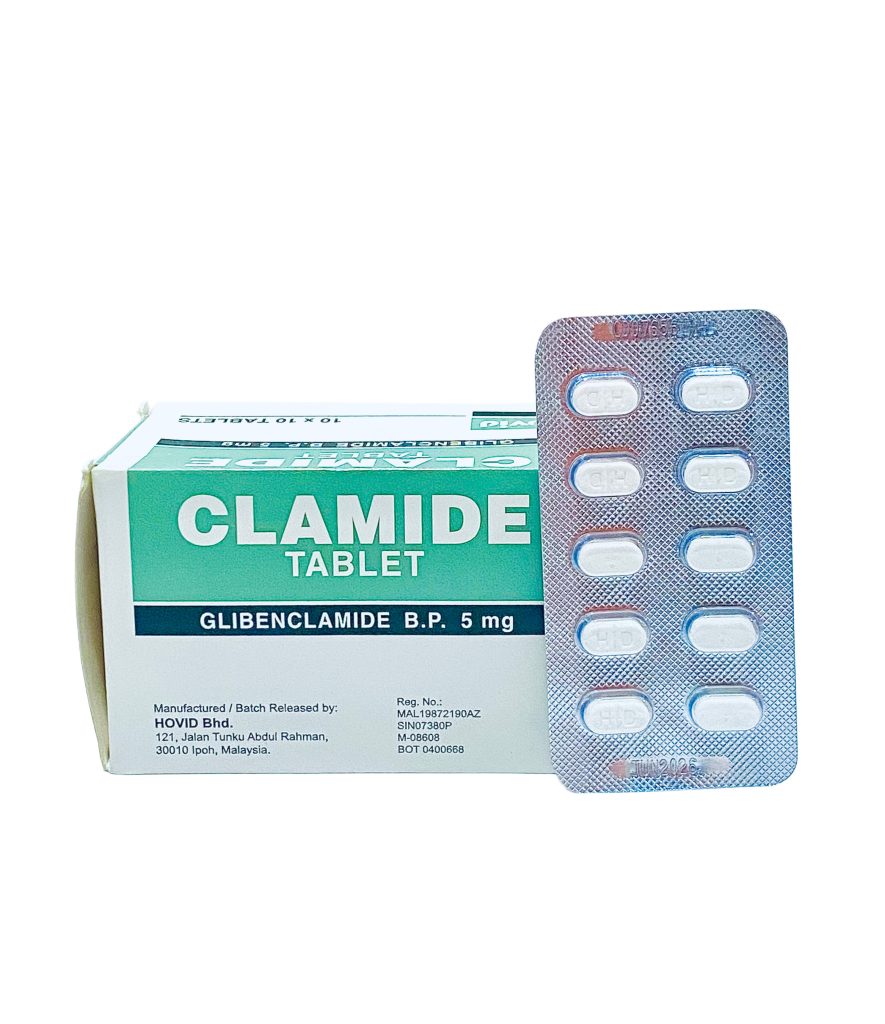
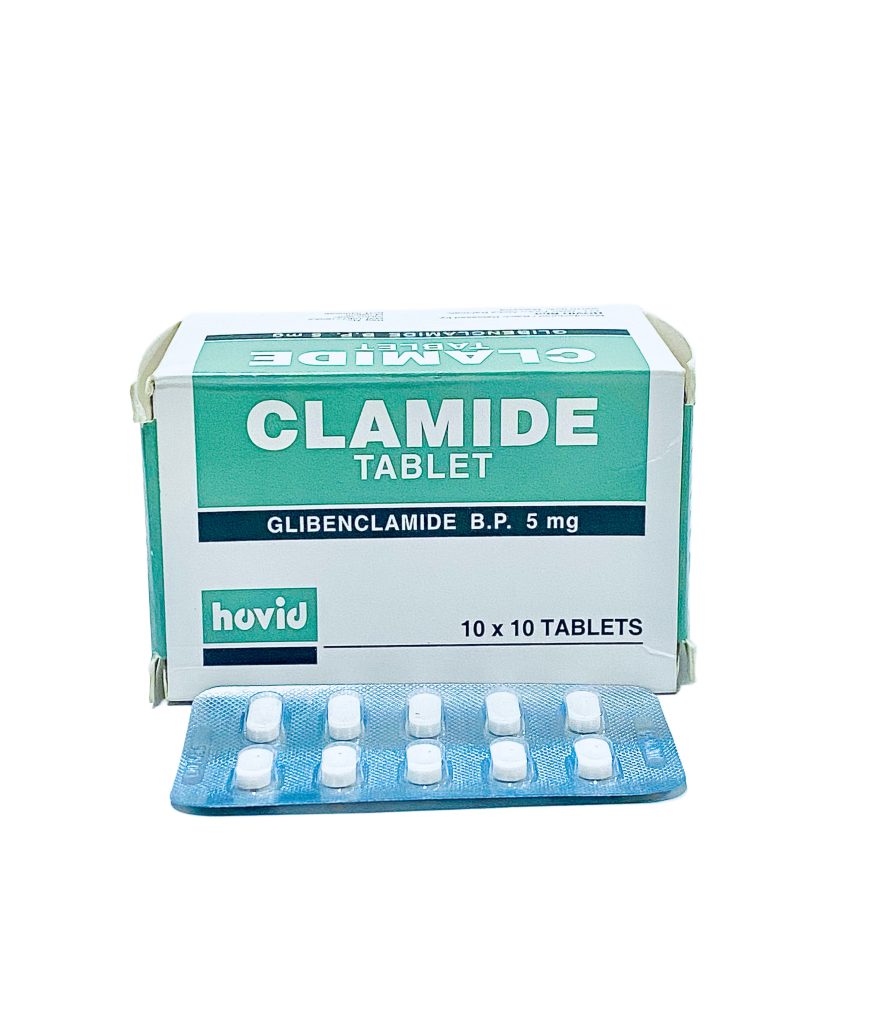
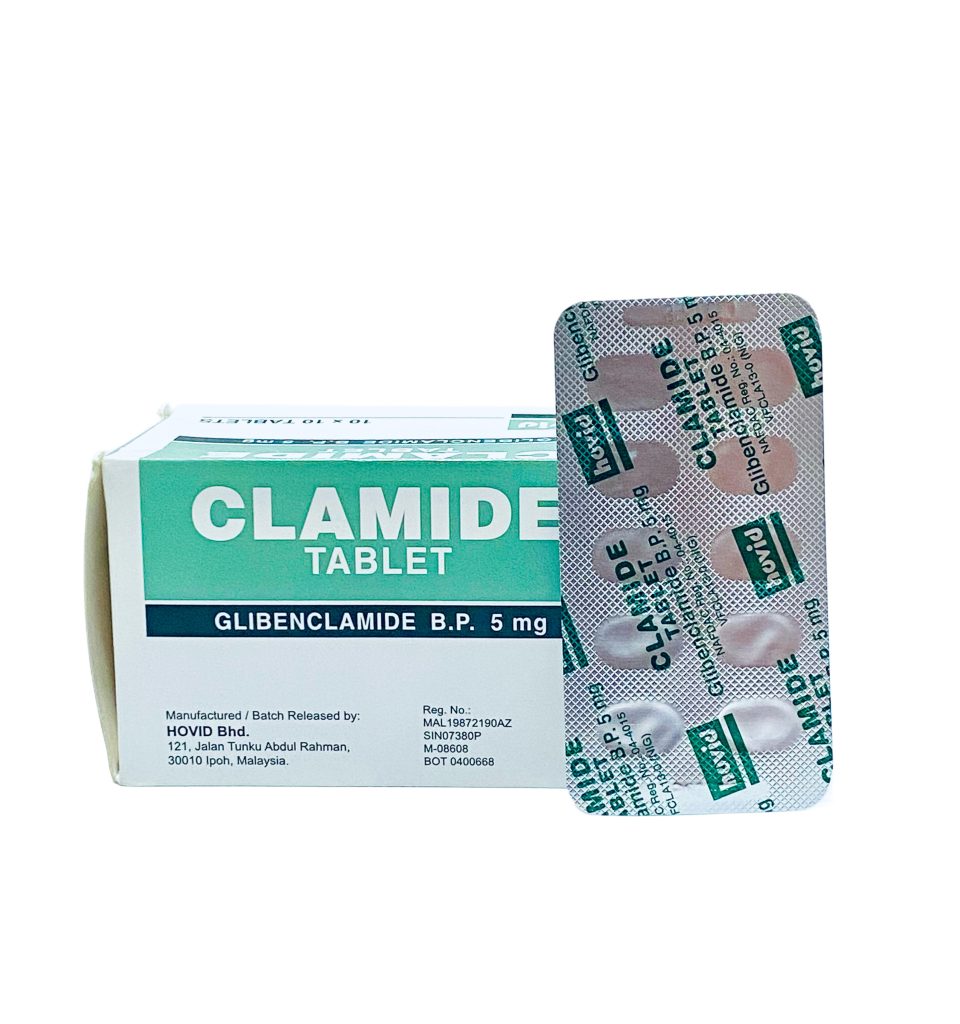
Customer questions & answers
There are no questions yet. Be the first to ask a question about this product.

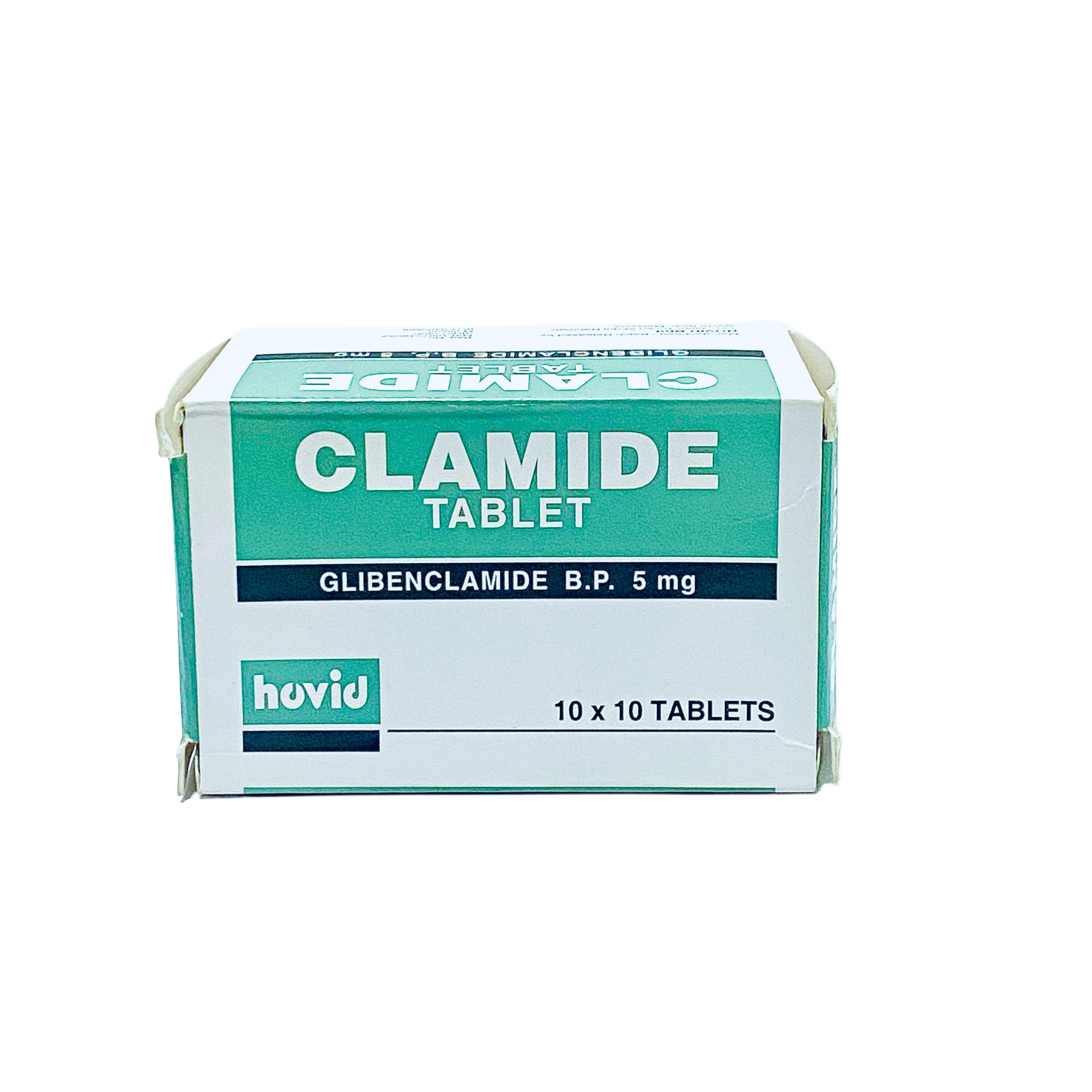
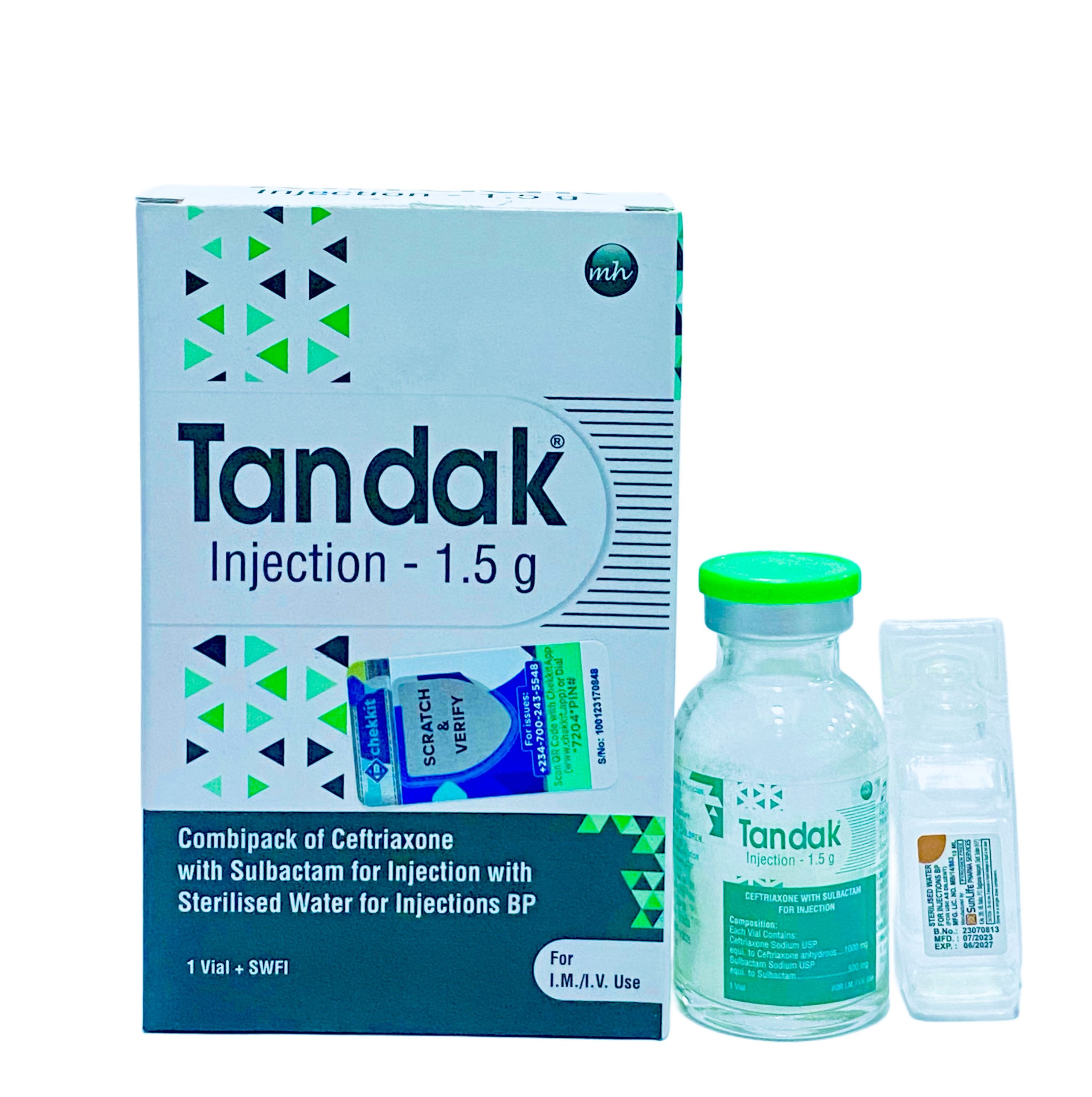


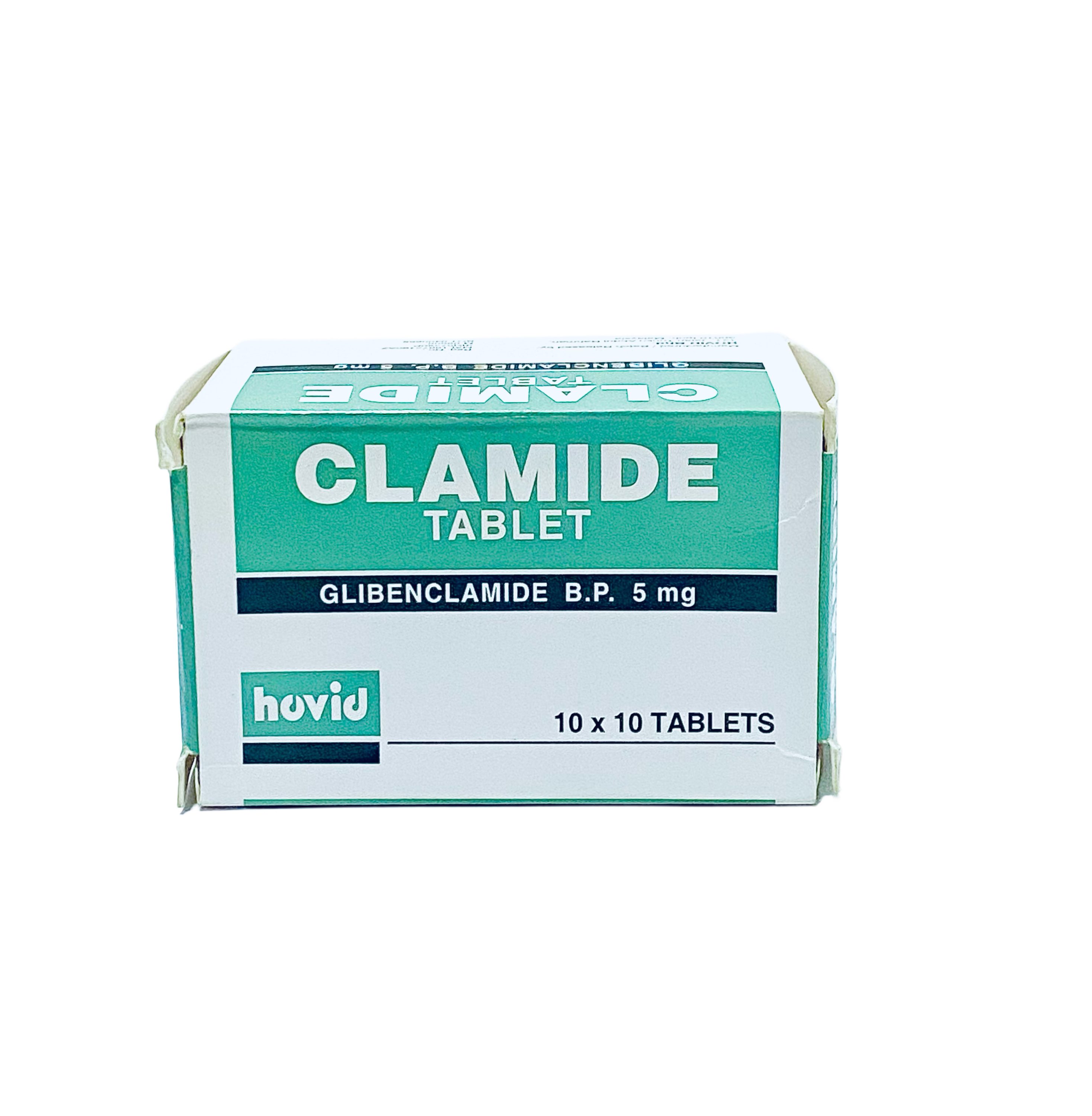
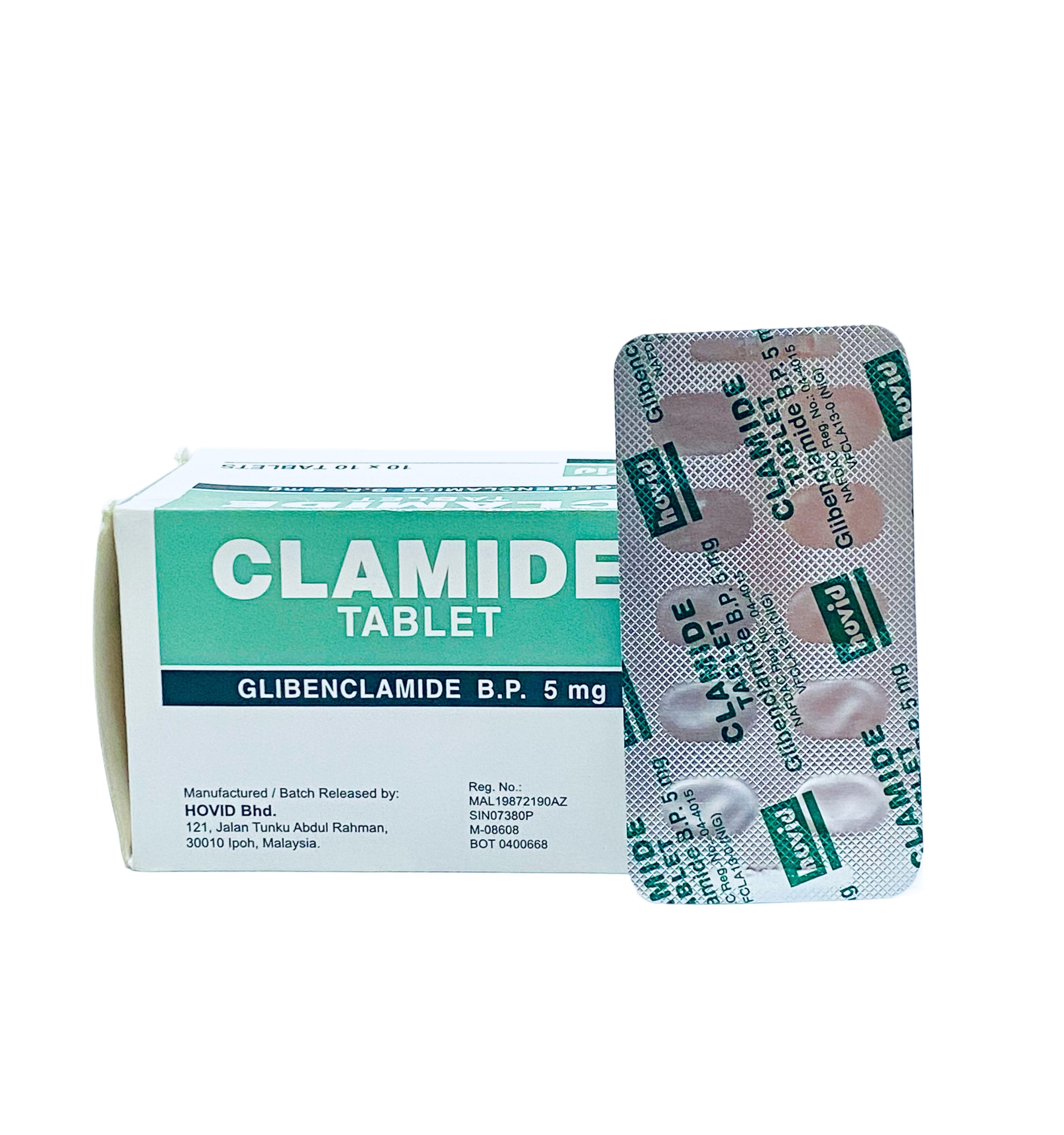
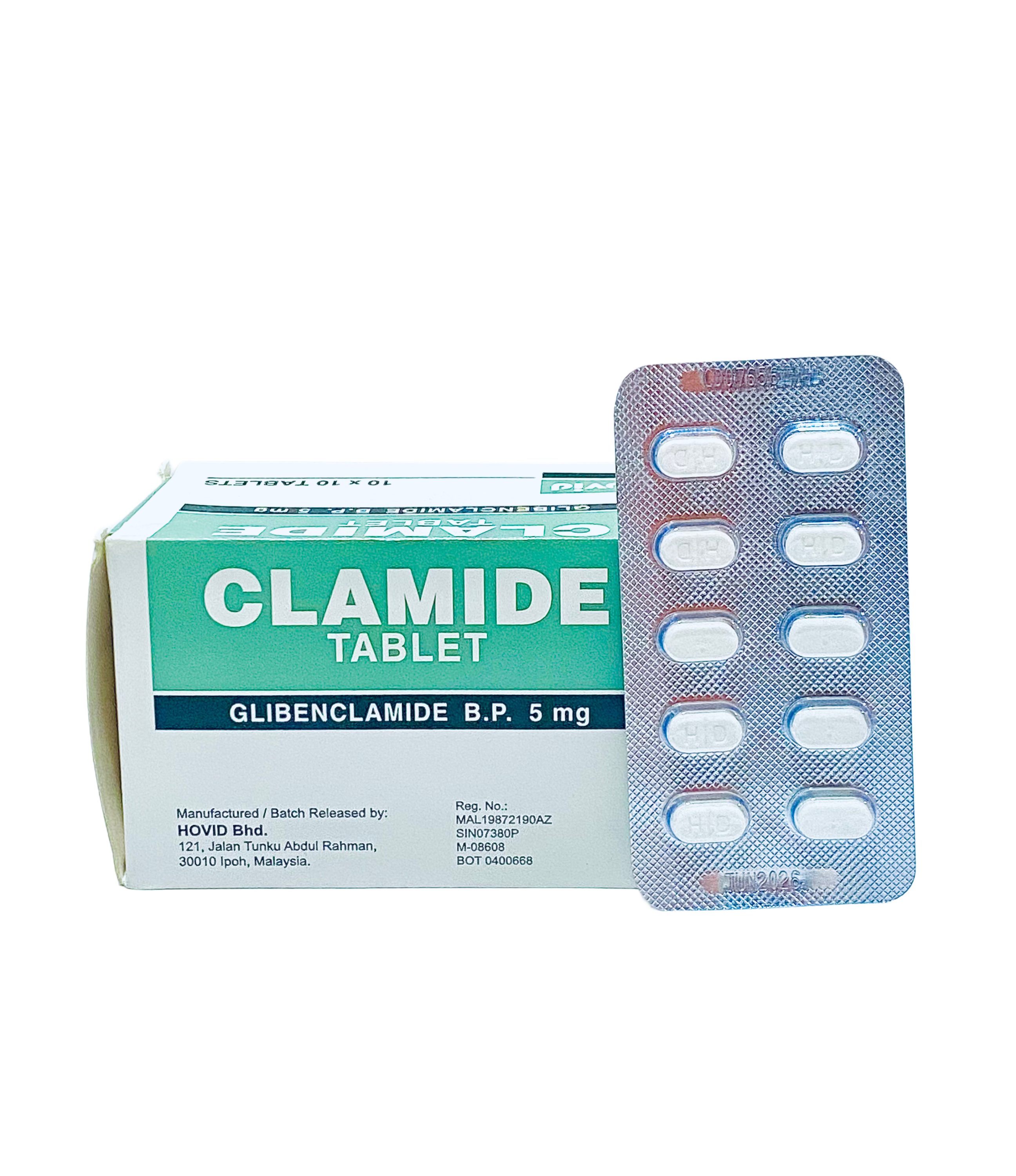
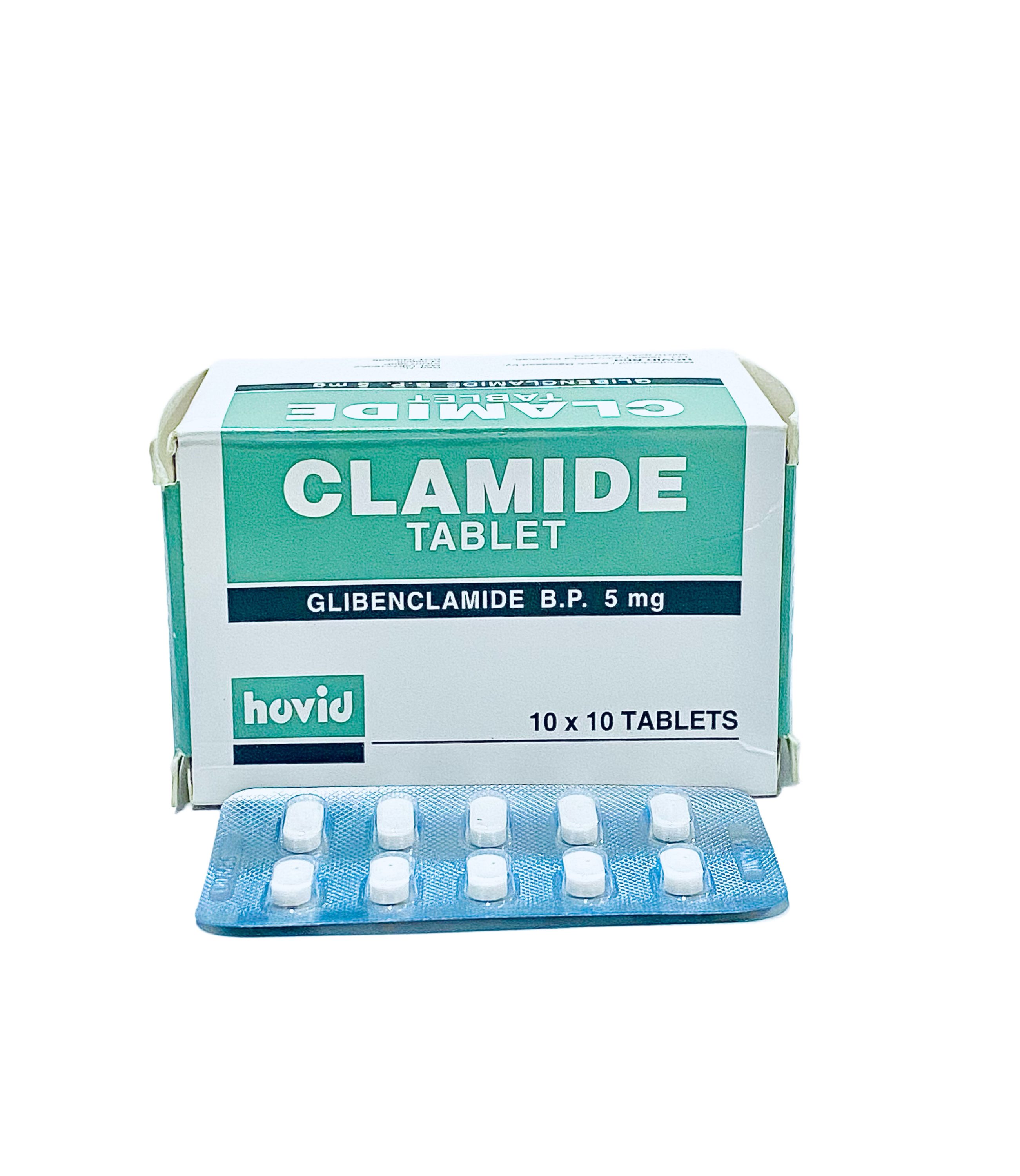



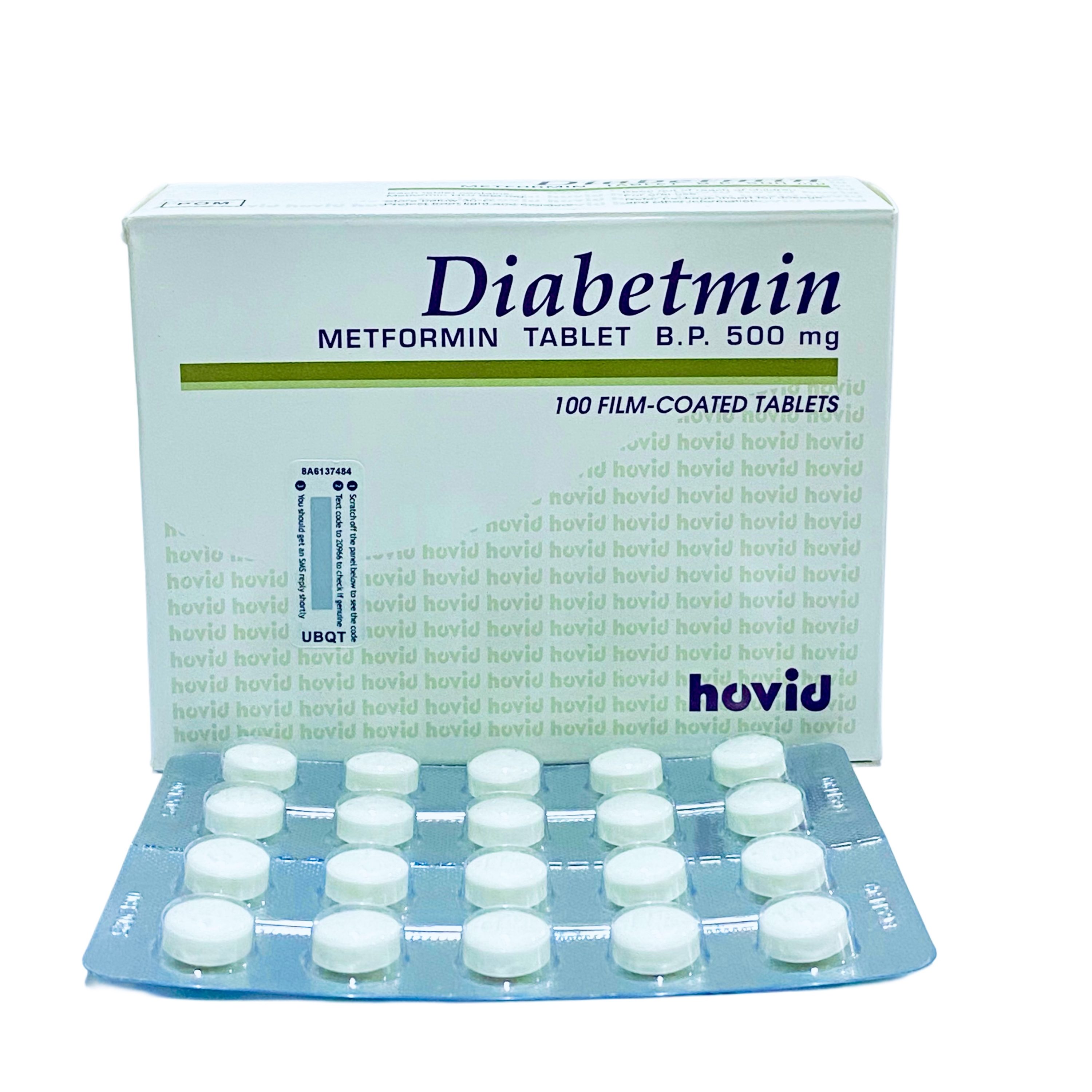
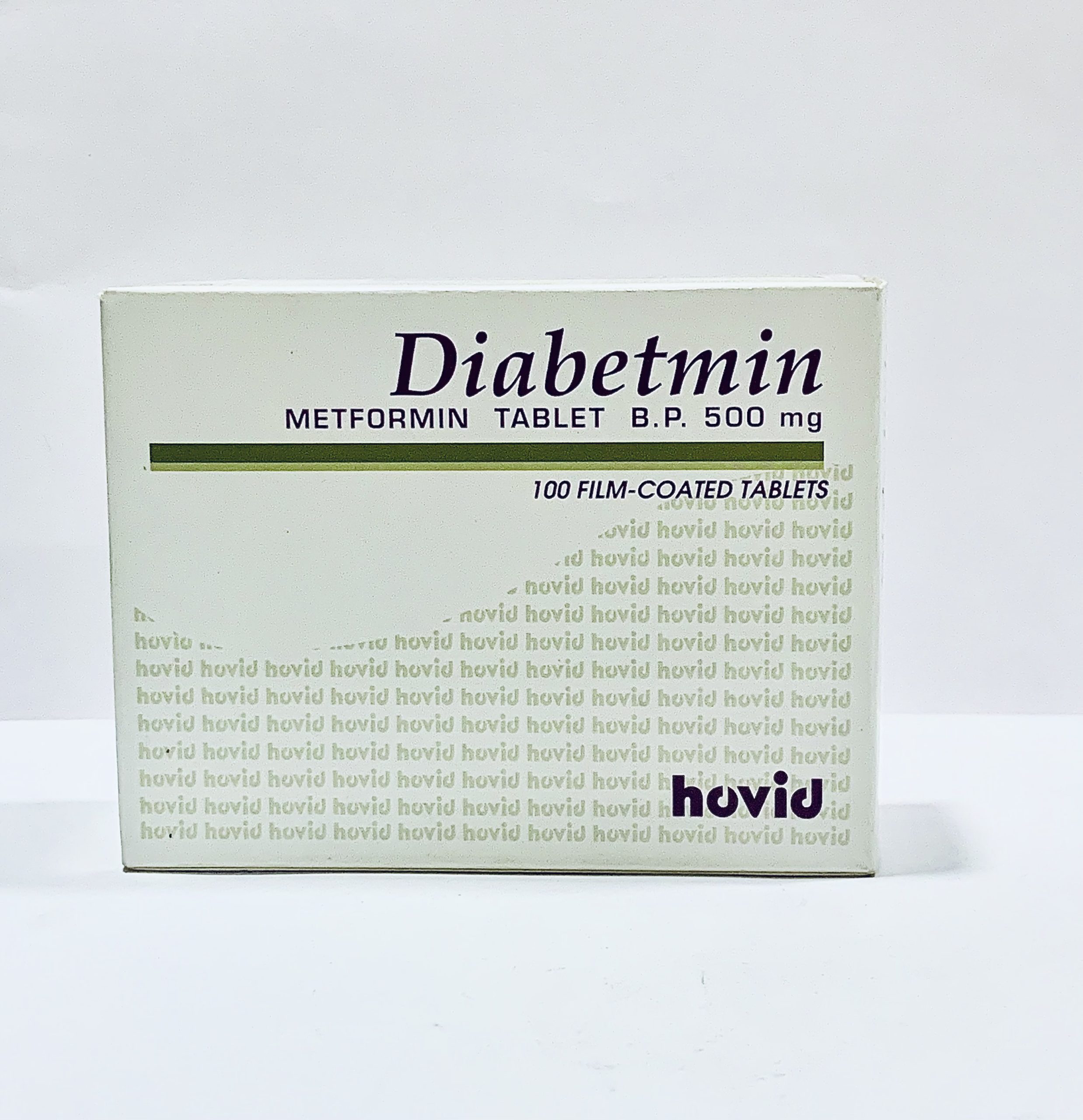

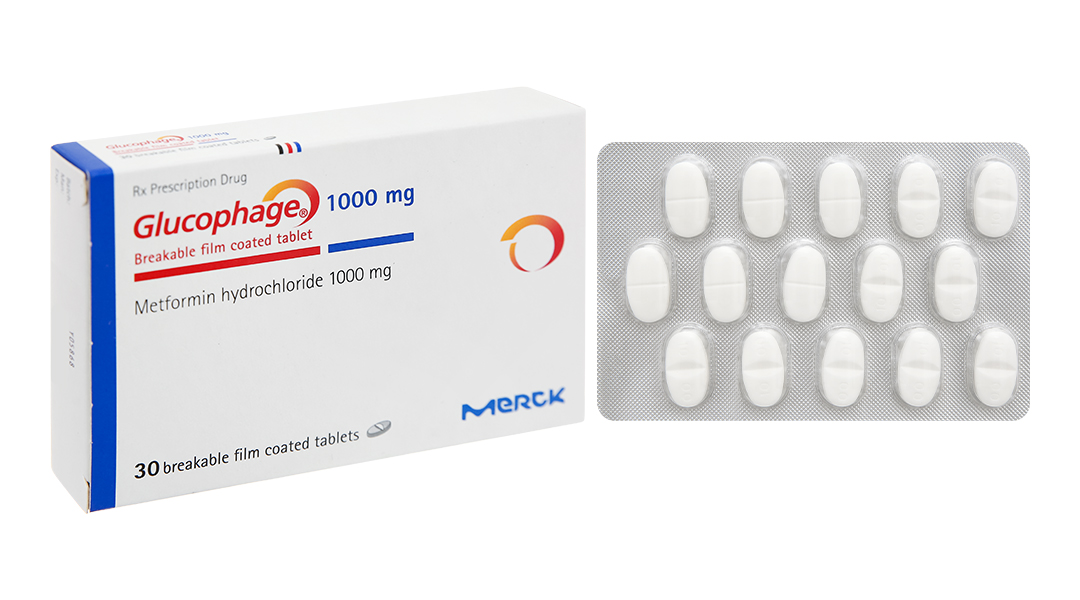

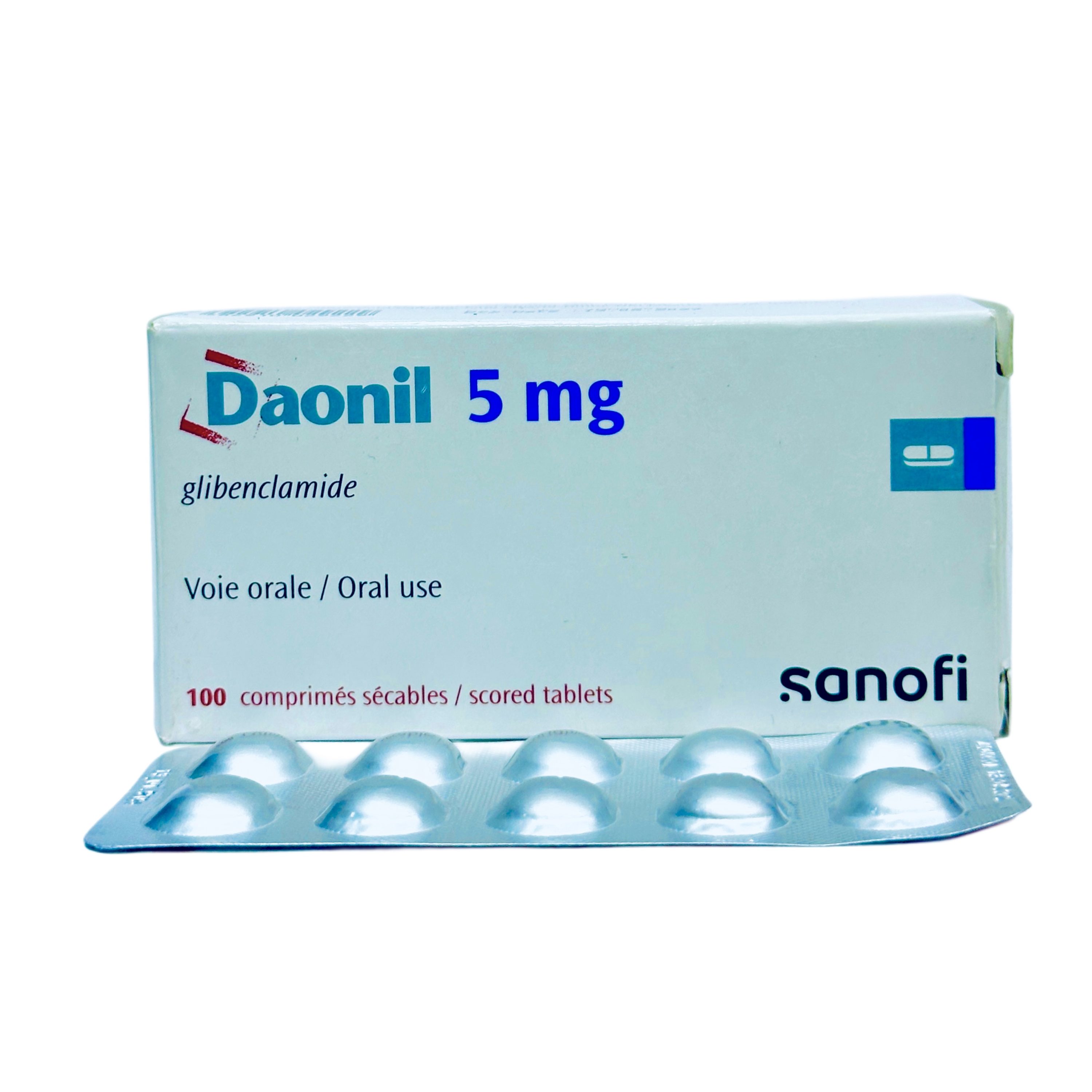


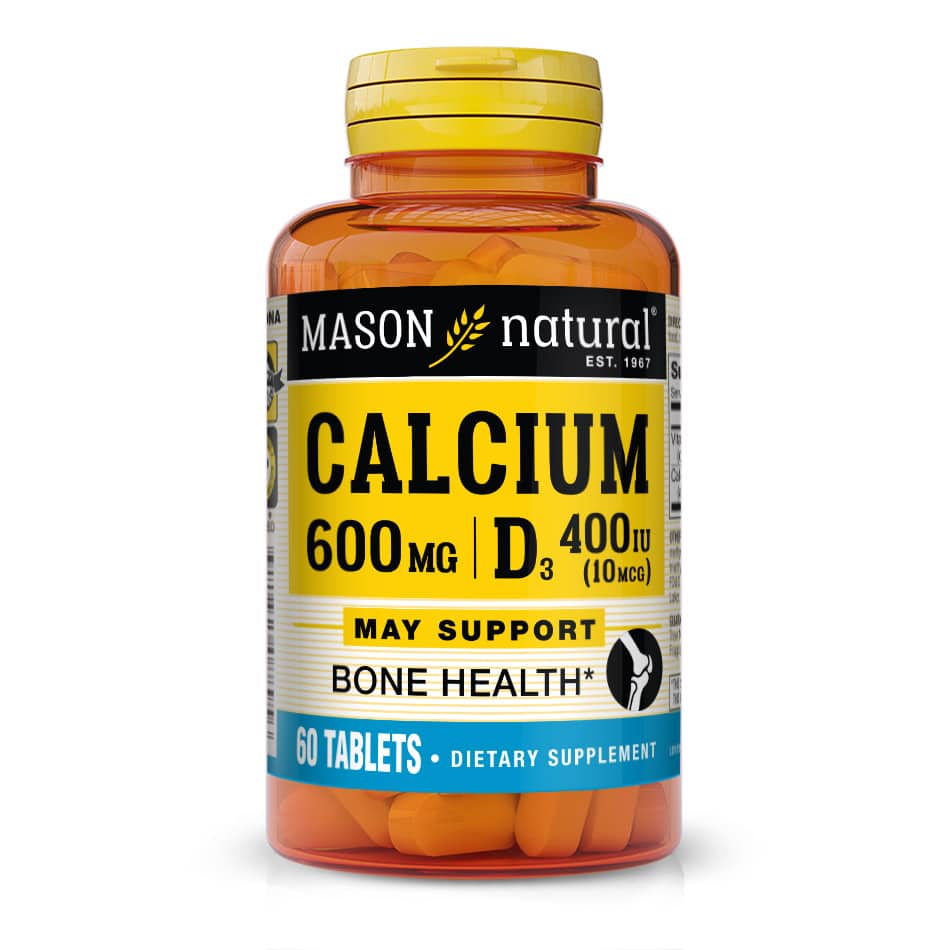
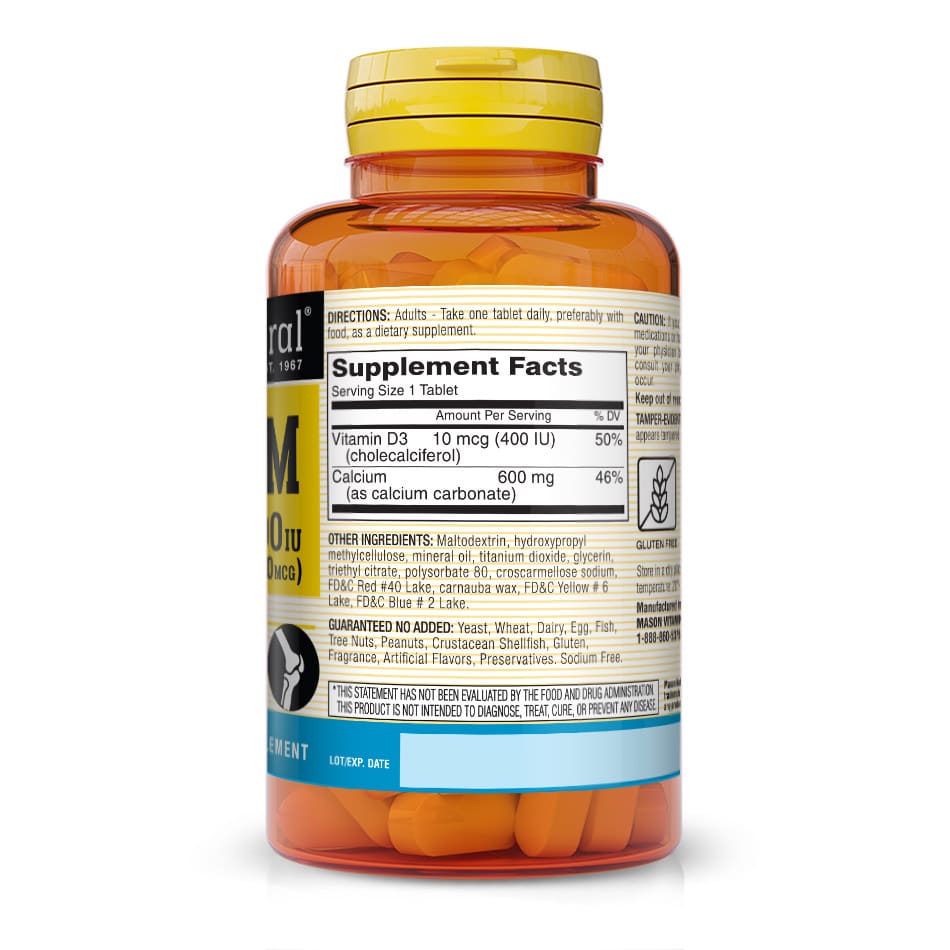

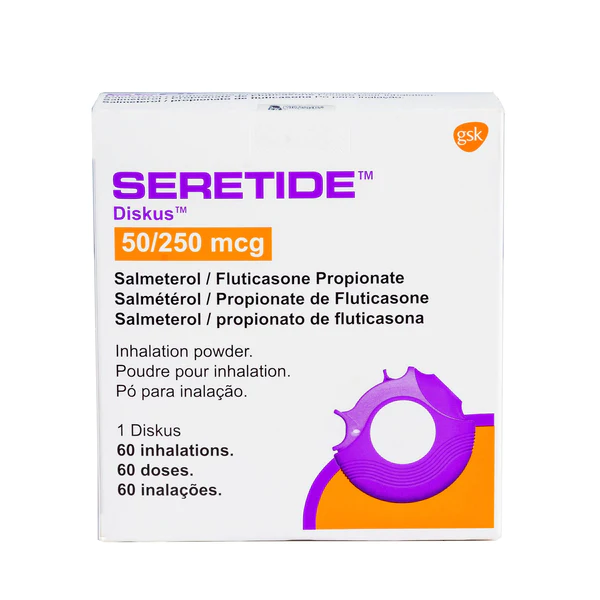



Reviews
There are no reviews yet.